Enhancing Legal Precision through Document Automation
Law firms grappling with the dynamic legal environment continually strive to uphold compliance with ever-evolving laws and regulations. Navigating intricate legal requirements demands precision, as errors in documentation can lead to severe legal consequences. To effectively tackle this challenge, many law firms are increasingly embracing document automation as a robust tool to ensure legal accuracy and alignment with the continually shifting legal frameworks.
Written by Knowledge Team, posted on January 05, 2024
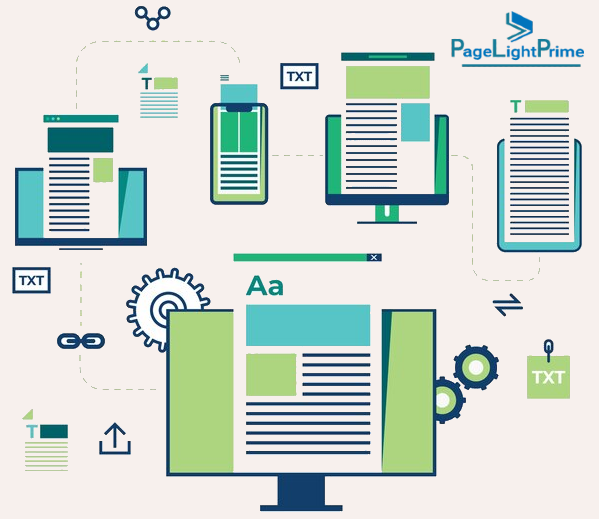
The Compliance Challenge in the Legal Sphere
Legal compliance stands as a crucial facet of law firms’ operations. The regulatory landscape undergoes persistent changes, making it a time-intensive and challenging endeavor for law firms to stay abreast of updates. Non-compliance not only exposes law firms to legal ramifications but also jeopardizes their reputation and erodes client trust.
Conventional document creation methods, heavily reliant on manual processes, are prone to errors and delays. Attorneys often invest significant time in researching and incorporating the latest legal updates into documents, creating room for oversight and mistakes. As the legal landscape becomes more intricate, law firms necessitate innovative solutions to enhance efficiency and accuracy in document creation.
Document Automation: Revolutionizing Legal Compliance
Legal document automation software leverages technology to streamline the creation, management, and storage of law firm documents. This approach not only expedites the document creation process but also substantially reduces the likelihood of errors. Here’s how document automation aids law firms in navigating compliance with precision:
Real-time Updates
Automated document creation tools seamlessly integrate with legal databases and regulatory platforms, ensuring real-time updates to documents based on the latest changes in the legal landscape. This eradicates the need for manual updates, ensuring that documents consistently comply with the most recent regulations.
Standardization and Consistency
Document automation guarantees standardization and consistency across all legal documents. Templates featuring predefined language and formatting diminish the risk of inaccuracies caused by human error. This consistency not only enhances document quality but also reinforces compliance with established legal norms.
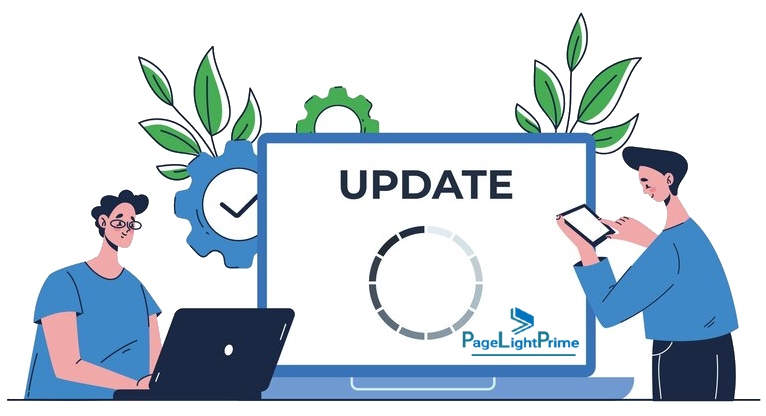
Efficient Collaboration
Document automation facilitates seamless collaboration among legal teams. Multiple team members can concurrently work on a document, ensuring everyone has access to the latest information. This collaborative approach helps maintain accuracy and compliance throughout the document creation process.
Audit Trails and Version Control
Document automation systems provide robust audit trails and version control features. These legal document management software functionalities enable law firms to track changes, identify contributors, and revert to previous versions if necessary. A clear audit trail enhances accountability and transparency, crucial elements in maintaining legal compliance.
Time and Cost Savings
Automating document creation processes substantially diminishes the time and resources required for manual drafting. This allows attorneys to concentrate on the strategic aspects of their work, while routine tasks are efficiently handled by automation tools. The time-saving aspect translates into cost savings for law firms, enabling more effective resource allocation.
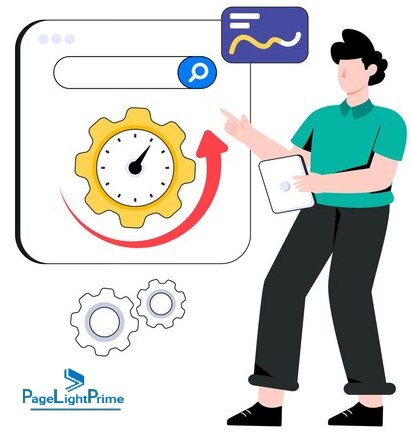
Clause Library
A Clause Library is a strategic and centralized repository of pre-approved, standardized clauses or language snippets that are commonly used in legal documents. This resource serves as a valuable tool for legal professionals, allowing them to efficiently draft contracts, agreements, and other legal documents with consistency, accuracy, and adherence to established standards. Here’s a closer look at the significance and benefits of a Clause Library:
Standardization and Consistency
A Clause Library ensures uniformity in the language used across various legal documents. By providing pre-approved clauses, it minimizes the risk of inconsistencies, errors, and divergent interpretations. Standardization enhances the overall quality of legal documents and reinforces a professional and reliable image for the organization.
Time Efficiency
Legal professionals often face time constraints when drafting documents. The Clause Library accelerates the document creation process by offering readily available, vetted clauses. This enables lawyers to focus on the specific nuances of a case or transaction rather than spending time crafting boilerplate language.
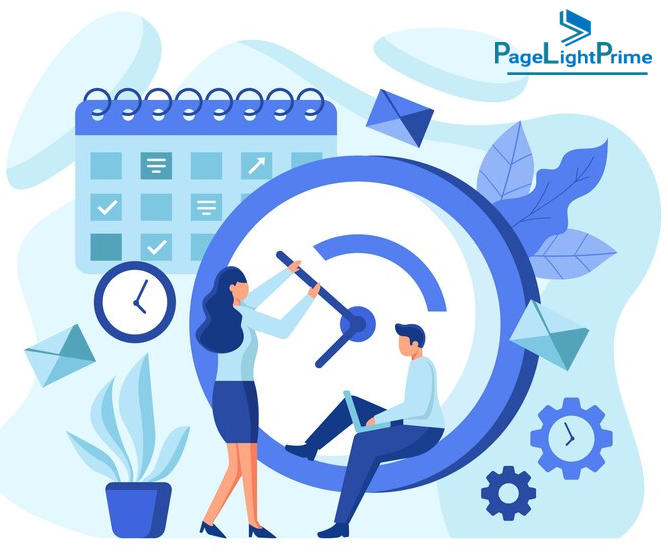
Risk Mitigation
Using pre-approved clauses from a Clause Library helps mitigate legal risks. These clauses are typically reviewed and approved by legal experts, ensuring that they align with current laws and regulations. This reduces the likelihood of using outdated or non-compliant language, thereby safeguarding the organization from legal challenges.
Enhanced Collaboration
In a collaborative legal environment, multiple team members may be involved in drafting a document. A Clause Library facilitates seamless collaboration by providing a shared resource where all team members can access and incorporate standardized clauses. This promotes consistency in communication and a cohesive approach to legal matters.
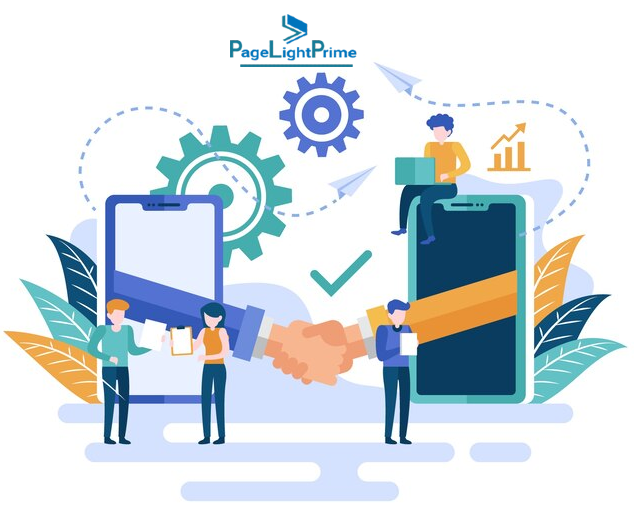
Adaptability to Change
Legal landscapes evolve, and so do regulations and best practices. A Clause Library can be regularly updated to reflect changes in the law. This ensures that legal professionals have access to the latest, compliant language, keeping the organization adaptable and responsive to legal developments.
Efficient Knowledge Transfer
New legal team members can benefit from a Clause Library as a valuable learning resource. It serves as a repository of institutional knowledge, helping junior lawyers understand the organization’s preferred language, negotiation points, and legal standards.
Customization and Flexibility
While a Clause Library provides standardized language, it is often designed to be flexible. Legal professionals can adapt clauses to suit the specific needs of a transaction or client, ensuring that the documents remain tailored to individual circumstances while maintaining a consistent foundation.
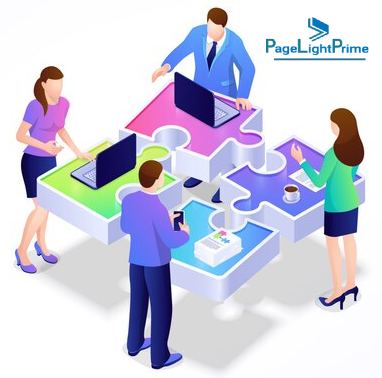
A well-maintained Clause Library is an indispensable tool for legal departments and law firms. It streamlines the legal document drafting process, promotes consistency and compliance, and ultimately contributes to the efficiency and effectiveness of legal operations.
Conclusion
In an era of perpetual legal changes, law firms must adopt innovative solutions to ensure legal accuracy and compliance. Document automation emerges as a game-changer, offering a streamlined approach to document creation that minimizes errors, ensures real-time updates, and enhances collaboration. By leveraging automation, law firms can confidently navigate compliance challenges, mitigating the risk of legal issues and reinforcing their commitment to precision in legal documentation.
